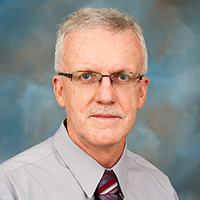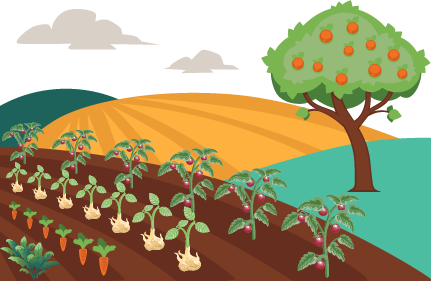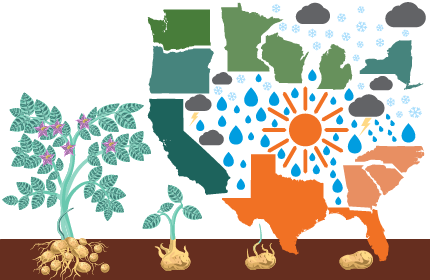Extension Dialogues on Climate Change and Analogs of US Specialty Crop Production
-
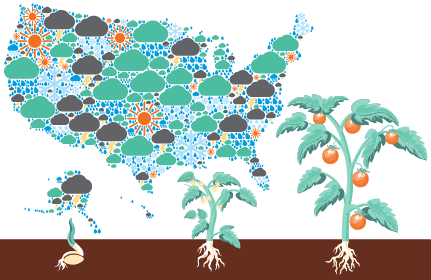
March 1, 2022-March 31, 2022
(Virtual)
Pullman, WA, USA
Background
As part of extension and outreach efforts of the multi-disciplinary, multi-institutional project “Fruit and Vegetable Supply Chains: Climate Adaptation and Mitigation Opportunities” (USDA NIFA Award: 2017-68002-26789), a concept called “growing condition analogs” is being explored. These analogs ask the question:
Is there a county in the US whose current growing conditions have characteristics that may resemble what I can expect in my county in the future?
Answering this question could allow the creation of a network of locations for information exchange related to climate change implications for specialty crops (fruits, nuts, berries, vegetables, etc.).
The project team comprised of researchers and extension specialists at the University of Florida, Agriculture & Food Systems Institute, University of Arkansas, University of Illinois, International Food Policy Research Institute, World Agricultural Economic and Environmental Services, and Washington State University have identified analogs for specialty-crop producing counties in the United States and an online tool is in development to help stakeholders visualize these analogs.
Overview
A series of dialogues throughout the month of March paired extension professionals with knowledge about specialty crop production practices in the target and analog counties. Facilitated by moderators, participants were encouraged to have a discussion around climate change implications for these important food crops, creating an opportunity for initiating partnerships for a nationwide Specialty Crop Extension Network for climate adaptation. Preparatory webinars were organized on January 14 and 21 to introduce the analog concept, give a sense of what to expect at this workshop, and help participants self-select into breakout groups. The dialogues were focused on participants from stakeholders in the following states: Washington, Oregon, California, Wisconsin, Minnesota, Michigan, New York, North Carolina, South Carolina, Texas, Florida, and Georgia.
Following these facilitated dialogues, which were structured in part by prompt questions while also allowing time for a moderated open discussion, a workshop summary document was prepared. The feedback gathered during this workshop also helped inform the online tool under development at Washington State University, as well as the drafting of an extension paper related to the utility of analogs as a climate change communication tool.
While participation in this workshop was by invitation only, a webinar series accessible to the general public was organized on March 8, 15, and 22, 2022 to discuss the project’s outcomes. More information about this webinar series is available here.
Organizers & Moderators
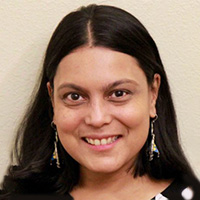
Kirti Rajagopalan
Washington State University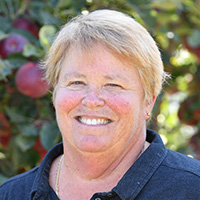
Karen Lewis
Washington State University
Julian Reyes
USDA Climate Hubs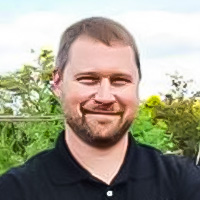
Chad Kruger
Washington State University
Dave Gustafson
Agriculture & Food Systems Institute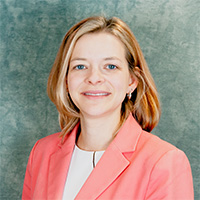
Rachel Melnick
Agriculture & Food Systems Institute